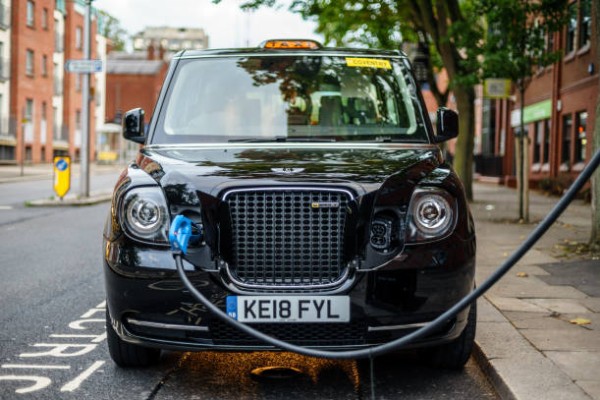News
From 2022, New Homes And Buildings In England Must Have Electric Car Chargers By Law
-
News4 days ago
27 Years After : Check Out The Armored Mercedes S-Class Limousine Used By Sani Abacha As Official Car
-
News4 days ago
Moment Ex-governor of Kogi State, Yahaya Bello, Arrived An Event In Armored Rezvani Vengeance SUV
-
News4 days ago
Content Creator, ‘Egungun Of Lagos’, Acquires Mercedes-Benz G-Class-based Brabus G800 Worth N750 Million
-
News1 week ago
2026 BMW XM Label Gets New Color And Interior Options, Now Offered In Two Models
-
News1 week ago
Toyota’s Hino And Daimler Truck’s Mitsubishi Fuso Merges To Create New Global “Truck Powerhouse”
-
News6 days ago
7 Minutes 04 Seconds : Xiaomi SU7 Ultra Shatters Electric Executive Vehicle Lap Record At Nürburgring
-
News4 days ago
Yahaya Bello’s Armored Rezvani Vengeance, Abacha’s Mercedes S-Class, Burna Boy’s McLaren, Victor Osimhen Buys Rolls-Royce Cullinan, Nigerian News In June
-
News2 days ago
US-based Nigerian Paid N461 Million For A 10-Minutes Trip To Space Aboard Jeff Bezos’ Blue Origin’s New Shepard
